Swedish Supreme Court Rejects Julian Assange Appeal
Despite the rejection, lawyers for the WikiLeaks founder say they are encouraged by the judges' 4-1 split, which may indicate that the court will change its decision.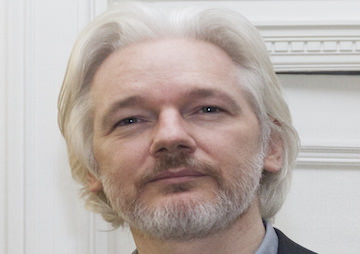 Wikimedia
Wikimedia
Julian Assange’s hopes for an end to his self-imposed three-year confinement have been dashed with the news that Sweden’s supreme court has thrown out the appeal that he filed against a warrant for his arrest.
The WikiLeaks founder, who was granted refuge in the Ecuadorian Embassy in London in 2012, faces charges of rape and sexual assault dating from August 2010. Despite the court’s rejection, Assange’s lawyers say they are encouraged by the judges’ 4-1 split, which may indicate the court will change its decision.
The Guardian reports:
Stockholm’s supreme court said in its ruling on Monday: “The public interest in the investigation continues to weigh heavily. In view hereof, and the risk that Julian Assange may evade prosecution if the arrest warrant is lifted, continued detention is currently regarded as compatible with the principle of proportionality.”
Per Samuelson, a lawyer for the 43-year-old Australian, condemned what he called a weak decision by the court, which he said had issued its ruling before the Assange team had made its final submission.
An 11-month battle through Sweden’s courts has seen Assange’s lawyers argue that his exile in Ecuador’s embassy amounts to enforced and that the severe restrictions it places on his freedoms are disproportionate to the scale of the crimes of which he is accused. Lower courts in Sweden have objected that Assange’s confinement is self-imposed.
The supreme court backed the lower courts, stating that the fact of his residence in the embassy “cannot be given any importance in the assessment of proportionality … Julian Assange’s freedom of movement cannot be considered to be limited in practice in such a way that it is contrary to the European convention [on human rights]”.
Assange’s lawyers said on Monday they would discuss their next steps. Previously they said they were prepared to take their case to the European Court of Human Rights, where they maintain that legal thinking on proportionality speaks in their favor.
Swedish prosecutors are now preparing to travel to London to question Assange, after Stockholm’s appeal court in November was sharply critical of their failure to move the case forward. Assange has argued that the prosecutor’s repeated refusal to question him in London has condemned him to remain in legal limbo.
The supreme court also stated on Monday that the investigating authorities “must examine what alternative investigative opportunities are available to drive the investigation forward”. A spokesperson for Marianne Ny, the prosecutor in the case, said she was waiting for formalities to be completed before conducting the interrogation, which is a necessary step towards formal charges.
Although Assange has not yet been formally charged – a process that occurs relatively late in the legal process under Swedish jurisprudence – the prosecutor is obliged to drop the case unless there are reasonable grounds for suspicion.
Assange’s lawyers said on Monday they have the right to go though the entire legal process once again in the Swedish courts after the London interrogation has taken place, holding out the prospect of at least another year of legal wrangling.
In January, Sweden’s government agreed to examine whether it could issue a guarantee forbidding rendition of “any person under the control of the Swedish authorities while considered a refugee by a third country”. It is scheduled to issue a decision by 15 June.
Read the full report here
–Posted by Roisin Davis
Your support matters…Independent journalism is under threat and overshadowed by heavily funded mainstream media.
You can help level the playing field. Become a member.
Your tax-deductible contribution keeps us digging beneath the headlines to give you thought-provoking, investigative reporting and analysis that unearths what's really happening- without compromise.
Give today to support our courageous, independent journalists.
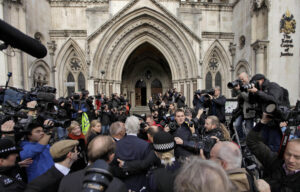

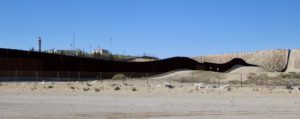
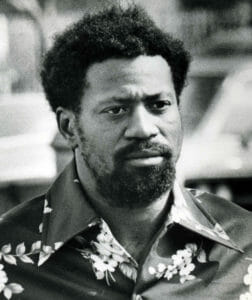
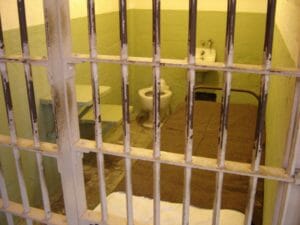

You need to be a supporter to comment.
There are currently no responses to this article.
Be the first to respond.